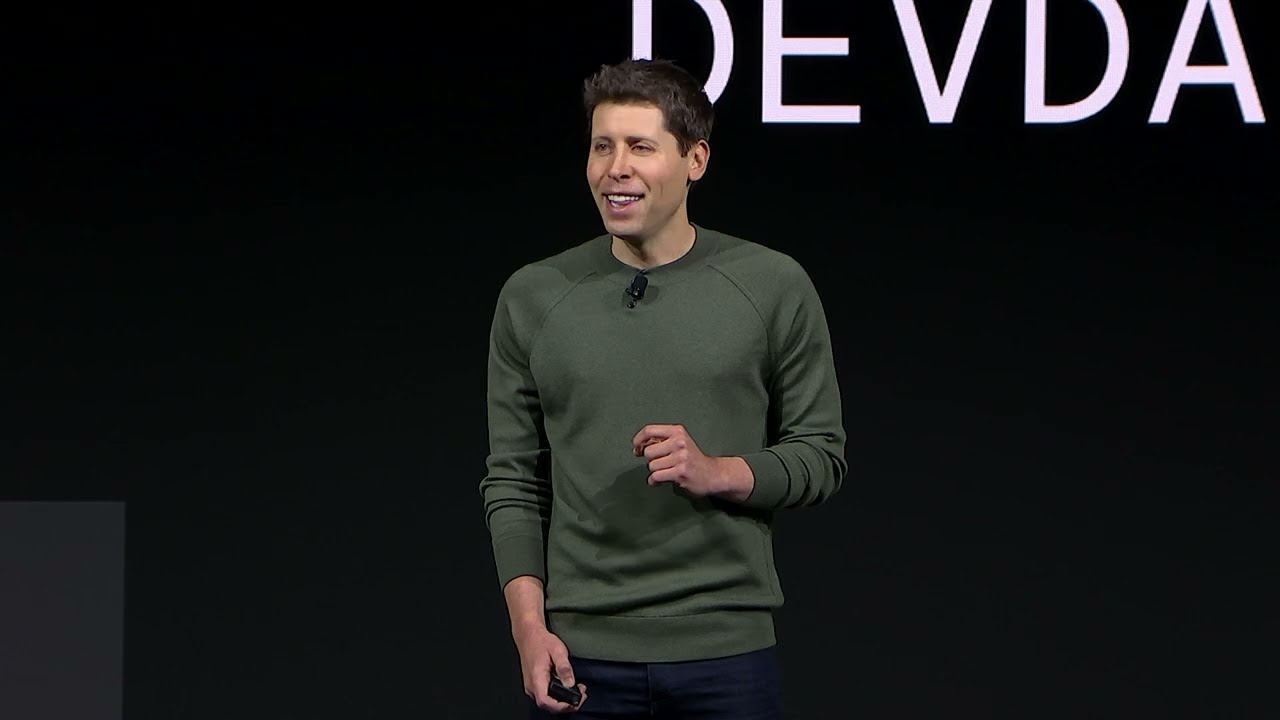OpenAI board refutes allegations against CEO Sam Altman by former board members

Two former board members who were involved in removing CEO Sam Altman have accused him of being a liar and a manipulator. OpenAI's current Board of Directors denies the claims.
In a guest article for The Economist, former OpenAI board members Helen Toner and Tasha McCauley recently made serious allegations against OpenAI CEO Sam Altman, who was fired by the old board in November 2023 and returned after about five days.
They accused him of working against board oversight and fostering a "toxic culture of lying." Their main criticism, simply put, is that Altman's personality is not the right one to lead a company with the potential impact of OpenAI.
In a response to the article, current OpenAI board members Bret Taylor and Larry Summers refute Toner and McCauley's claims. After taking office, the board was the first to order an outside investigation into the events surrounding Altman's forced resignation.
The law firm WilmerHale analyzed dozens of interviews with former and current board members, executives and advisors as well as more than 30,000 documents. Toner and McCauley were also involved in the investigation, Taylor and Summers said, and the results showed that safety concerns did not necessitate a change in management.
WilmerHale concluded that Altman's firing had nothing to do with product and financial security, the pace of AI development, or communication with investors and partners. One of Toner's criticisms is that OpenAI hasn't published the full results of the law firm's research.
In the context of AI safety, Toner criticized the fact that the OpenAI board only learned about ChatGPT after its release and via Twitter. But the model behind ChatGPT, GPT-3.5, had been released eight months earlier, according to Taylor and Summers. Furthermore, ChatGPT was only a research project, and its huge commercial success was not foreseeable at the time of its release.
They go on to note OpenAI's international efforts to effectively regulate Artificial General Intelligence (AGI), pointing out that Altman sits on the U.S. Congress to regulate AI, on an advisory committee to the U.S. Department of Homeland Security on the safe development of AI, and is generally a nice guy to work with.
AI News Without the Hype – Curated by Humans
As a THE DECODER subscriber, you get ad-free reading, our weekly AI newsletter, the exclusive "AI Radar" Frontier Report 6× per year, access to comments, and our complete archive.
Subscribe nowAI news without the hype
Curated by humans.
- Over 20 percent launch discount.
- Read without distractions – no Google ads.
- Access to comments and community discussions.
- Weekly AI newsletter.
- 6 times a year: “AI Radar” – deep dives on key AI topics.
- Up to 25 % off on KI Pro online events.
- Access to our full ten-year archive.
- Get the latest AI news from The Decoder.